We're back in the world of King Arthur! It's been too long, and if you haven't heard our King Arthur stories (or it's been a while) then this is the perfect place to jump in. A beginner-friendly episode that kind of resets our timeline. I'm so excited to be getting back into the stories of Arthur and his knights because there are so many good ones still left to tell.
The creature is the hairy, greasy Yamataro (山童), your eternal reminder that, no matter how tempting it seems, to not sumo wrestle strangers on the road.
Twitter: https://myths.link/twitter
Shop: https://myths.link/store
Membership: https://www.mythpodcast.com/membership
Music:
"Scalloped" by Blue Dot Sessions
"ShadowPlay" by Blue Dot Sessions
"Kalsted" by Blue Dot Sessions
"Tyrano Theme" by Blue Dot Sessions
Sponsors
Headspace: Go to http://headspace.com/legends for a free one-month trial, with access to Headspace's full library of meditations for every situation.
Indeed: Get a $75 credit at http://indeed.com/legends! Offer valid through 9/30/2021. Terms and conditions apply.
Zocdoc: Go to http://zocdoc.com/myths and download the app to sign up for free and book a top-rated doctor!
Halo Collar: Save 20% on your Halo collar by going to http://shophalocollar.com/myths!

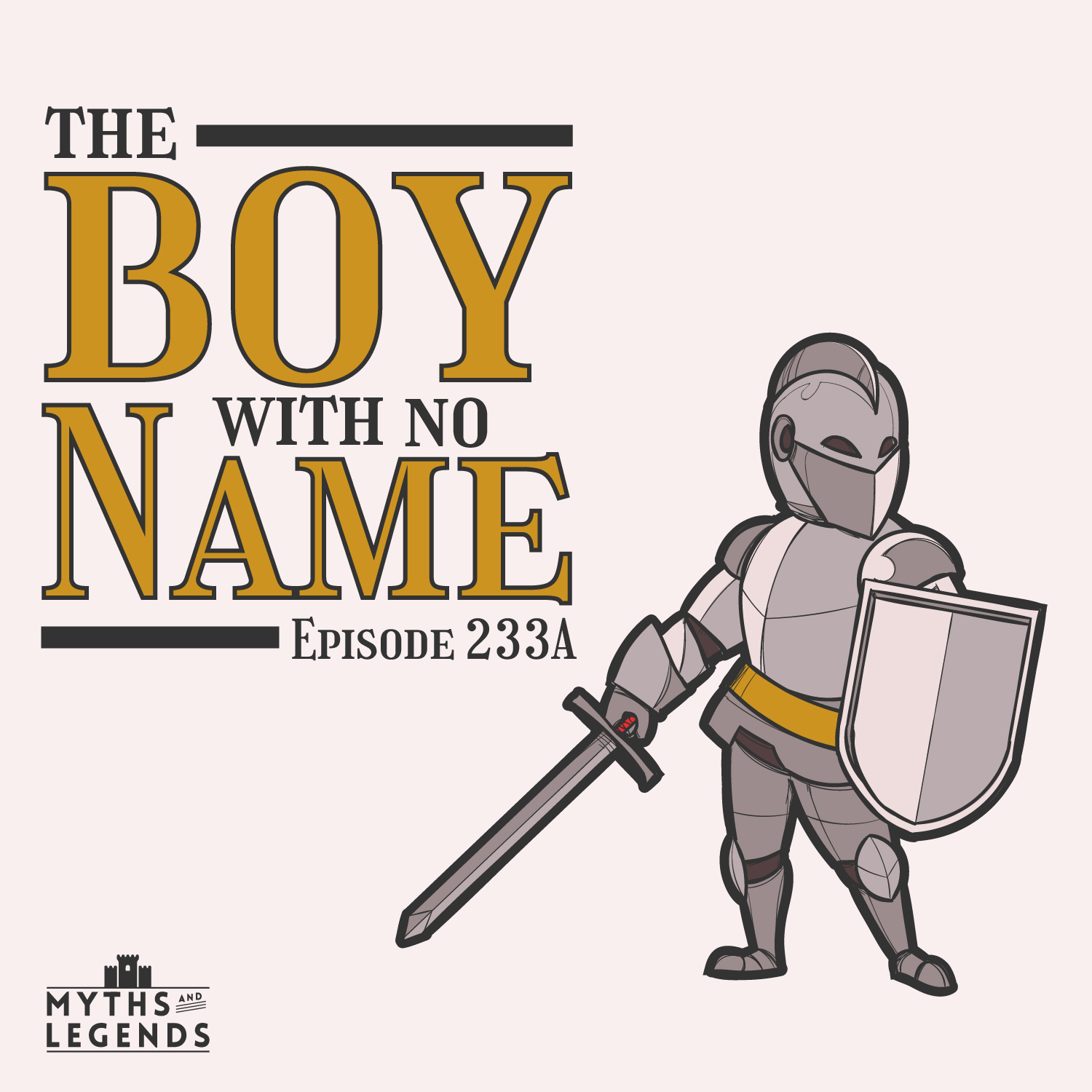
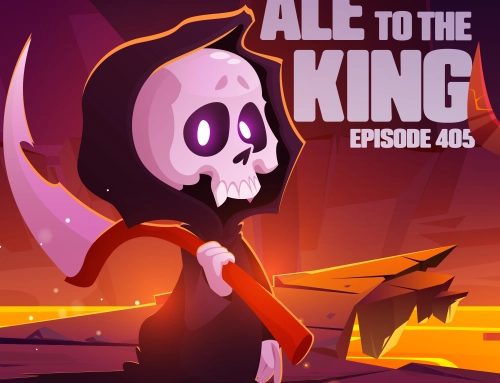
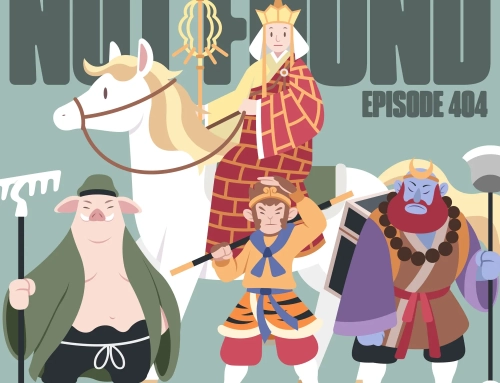
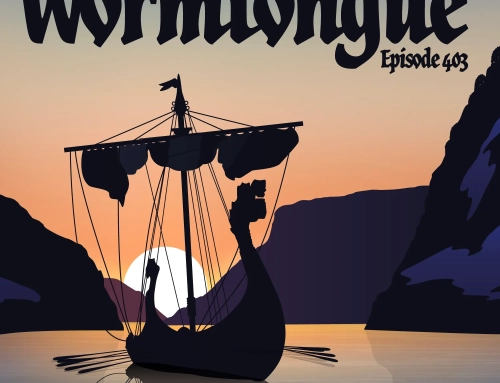
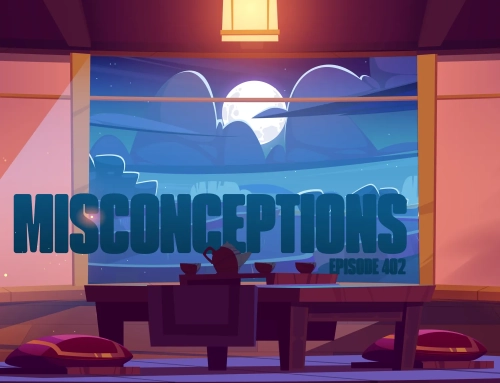
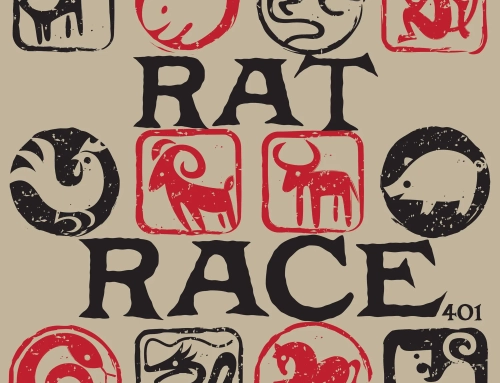
Hi Jason, the part of the episode where you say the original text says Lancelot was “awakened” by Guinevere really stuck with me. What’s the source text you’re using this episode?
What is the name of the guy with all the swords in him that Lancelot helped?
Actually, literacy as we understand it was much more common in the middle ages than is widely believed. At the time, you were not considered “literate” unless you could read the Bible, which meant Latin, and that was limited to the 6% or so of the population that you always hear about. But literacy in *english* was much more common; even among the peasants, most households had at least one person who could read and write, to do manage contracts and business receipts if nothing else. Estimates vary and it depends on which century you look at, but in general you can estimate that about one person in three or four could read vernacular english, which is awful by today’s standards but much better than the one-in-twenty that’s often quoted.
Yours is not only my favorite storytelling podcast, but my favorite overall podcast. It’s so good to hear of people who are still interested in this field, and who still read. Please keep it up!